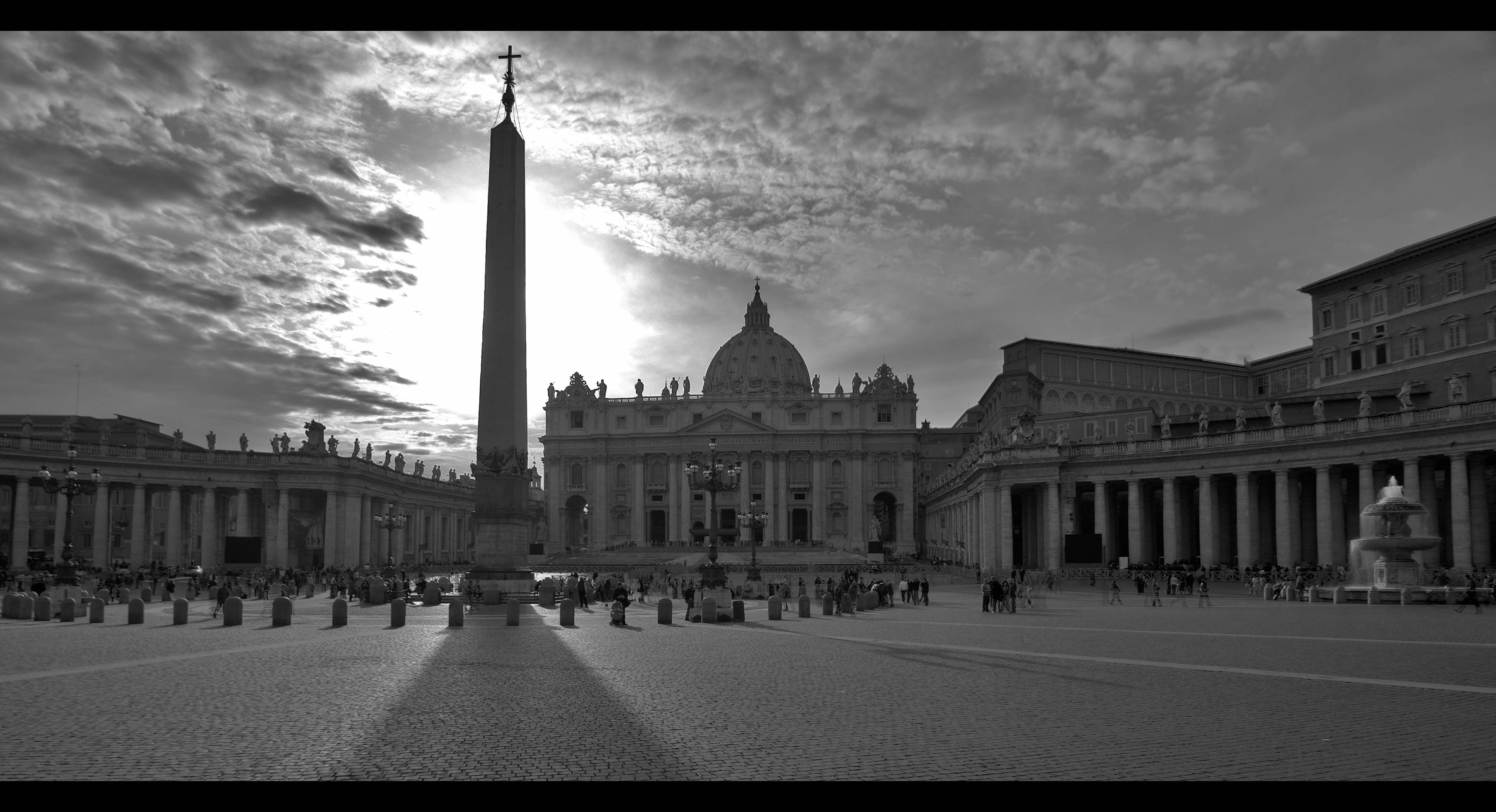The Church’s first scripture for today is from the Old Testament book of the prophet Jeremiah.
Jeremiah spoke the Lord’s word of truth in the dark days before the destruction of Jerusalem and fall of the Kingdom of David in 587 BC.
A true and authentic prophet does not proclaim his own truth or flatter people with words that confirm their biases or comfort them with pleasing unrealities. A true and authentic prophet speaks what God commands the prophet to speak and when God bids his prophets to speak it is usually because his people (that means us) have lost our way.
Jeremiah did precisely this and paid a heavy price. In this respect, the prophet Jeremiah has for centuries been understood as a foreshadowing or anticipation of Christ, who, as the Gospel of John reminds us, “came to us and we did not know him”, meaning- we would not heed his words and change our lives.
Instead we lashed out at him, frustrated that he would not just tell us what we wanted to hear.
Prophecy has not faded into the past, but it is truly alive in the Church. At our baptism we are all declared to be “priest, prophet and king”. And this is not merely decorative language meant to flatter, but a statement about who Christ has made us to be.
Our role as prophets is to bear witness to Christ, not only by telling people the truth about who Christ is, but living in such a way that it is obvious to others that we not only know about Christ, but that we seek to live like him and to imitate him.
We do this out of love and because of our love for Christ we will suffer much- for wherever love is true there is a willingness to suffer and the intensity of our love brings with it the willingness to endure much for the sake of those whom we love.
Thus, the greatest suffering of a true prophet is not the pains of persecution, but the pain of a love that is unrequited and refused. As Christian prophets, this is the risk that we must prepare ourselves for and the risk that we all must make.
The great Apostle Paul has much to say about love in today’s excerpt from his First Letter to the Corinthians.
This scripture passage, one of the most memorable in the New Testament is often proclaimed at weddings, and therefore might become associated with romance and sentimentality.
It is only romantic inasmuch as it speaks of the kind of love with which Christ loves us, love his Church, loves all those he draws to himself.
But sentimental? It is nothing of the sort.
Try loving in the manner St. Paul describes and you will understand.
When a Christian speaks of love our reference is not a concept or idea or even a feeling, but instead love is for us Christians a revelation, it is a divine person who show us in himself what love actually is.
We all have ideas and desires about love, but these are always inadequate for us Christians, however helpful they might be.
The thick description of love for us Christians is Christ himself and it is given to us not just in his teachings, but in what he reveals about himself. In particular, what he reveals in his suffering and death. One way to think about St. Paul’s testimony about love is that it is a commentary about Christ, a description of him.
St. Paul provides this testimony because far too often we prefer descriptions and definitions of love that although emotionally satisfying, are really just selfish and self-interested. Consider then this beautiful text of St. Paul as a correction and an invitation to know what true love is, perhaps even for the first time.
Finally, in his Gospel, the Lord Jesus faces furious opposition. Why?
Because he reminds the people that God loves the people that they deem unworthy of love- outsiders, outcasts, sinners.
The opponents of the Lord Jesus, bound in self-imposed chains of moral indignation and self-righteousness have taken it upon themselves to tell others that they are less worthy of God then they are.
Confronted with this truth, they become violent and the recipient of their violence is Christ, who is God himself!
Moral indignation and self-righteousness are signs of a grave spiritual crisis and throughout the New Testament, particularly in the Gospels, Christ presents himself as particularly attentive to these vices.
Rather than evading these vices in our own lives, we must confront the tendency of both in our own lives. In other words, we are meant to come to terms with the opponents of the Lord Jesus as being none other than ourselves.
There is in each of a refusal of Christ, a refusal of love. This “no” to Christ will subvert us if we are unwilling to contend with it and acknowledge its reality.
If we do not attend to it, our “no” to Christ it will manifest itself in subversive and destructive ways. In the devout or pious, it appears in a religious outlook deformed by moral indignation and self-righteousness. God’s love for those we deem unworthy will drive us to a frenzy and God’s mercy for sinners will be received by us as an attack on our own virtue.
Christ can rescue us from this, but we must let him. If not, we will ultimately turn on him and risk losing him. We can avoid this, but not without conversion, not without change, not without repentance.
There is much at stake in our refusals of Christ.



